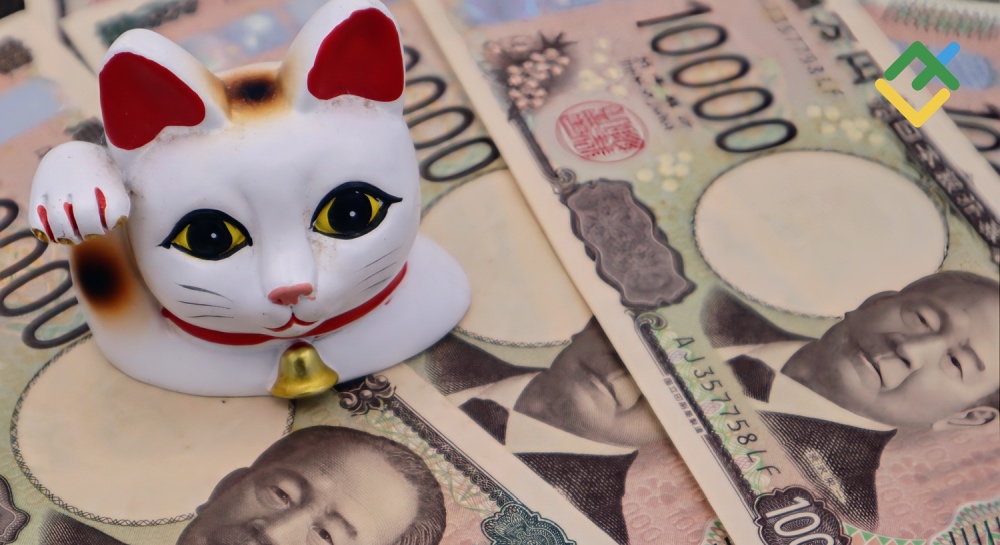
Investing.com– Most Asian currencies edged higher on Friday as the dollar weakened on persistent expectations of a rate cut by the U.S. Federal Reserve in December, while the Japanese yen surged after hotter-than-expected inflation data from Tokyo.
Traders firmed up bets on a 25 basis points cut by the Fed in its December meeting, despite the U.S. data earlier this week showing the economy was still resilient, and inflation remained sticky.
The dollar index, and dollar index futures fell 0.3% each in Asian trade.
Investors turned to regional economic indicators for cues as U.S. markets were closed for Thanksgiving holiday on Thursday, resulting in thin volumes on last trading day of the month.
In Japan, data showed that core consumer prices in Tokyo rose more than expected in November, pointing to growing inflationary pressure that reinforced expectations that the Bank of Japan will raise interest rates in December.
The Japanese yen hit its strongest level against the dollar in just over a month, with the USD/JPY pair falling nearly 1%. The pair was set to decline nearly 3% this week.
Asia FX set for November losses as Trump boosts dollar
Most regional currencies edged higher on Friday, but were headed for monthly losses as they faced downward pressure from U.S. Republican Donald Trump’s electoral victory on November 5. Trump has proposed increased tariffs against China, reigniting fears of a global trade war that could have dire implications for Asian economies that are heavily reliant on trade.
The Chinese yuan’s onshore USD/CNY pair fell 0.2%, slightly drifting away from its four-month high. But, the pair was set for a monthly gain of 1.6%.
The Singapore dollar’s USD/SGD pair fell 0.2%, while the Thai baht’s USD/THB decline 0.5%. Both pairs were were on track to gain nearly 1.5% in November.
South Korea’s USD/KRW pair was largely unchanged, a day after the Bank of Korea cut benchmark interest rates for a second straight meeting in a surprise move. However, the won was set to lose nearly 1.6% against the dollar this month.
The Australian dollar’s AUD/USD pair rose 0.3% on Friday, but was heading for a 1% monthly loss, while the Indian rupee’s USD/INR pair was set to rise 0.5% in November.
Fed to cut rates by 25 bps in December
Investors now see a 67% chance of a rate cut by Fed in December, up from 55% a week ago, according to CME Fed Watch Tool. This has resulted in some near-term weakness in the greenback.
The dollar index fell nearly 1.6% this week, which included crucial data-points. On Wednesday, data showed that personal consumption expenditures (PCE) price index – the Fed’s preferred measure of underlying inflation- picked up in line with estimates. Another reading showed that the U.S. economy expanded at a solid pace in the third quarter.
Combined with the data, the Fed’s latest minutes showed policymakers supported a gradual easing in rates, which sparked doubts over long-term policy, especially in the face of inflationary measures under a Trump presidency.
This post is originally published on INVESTING.




